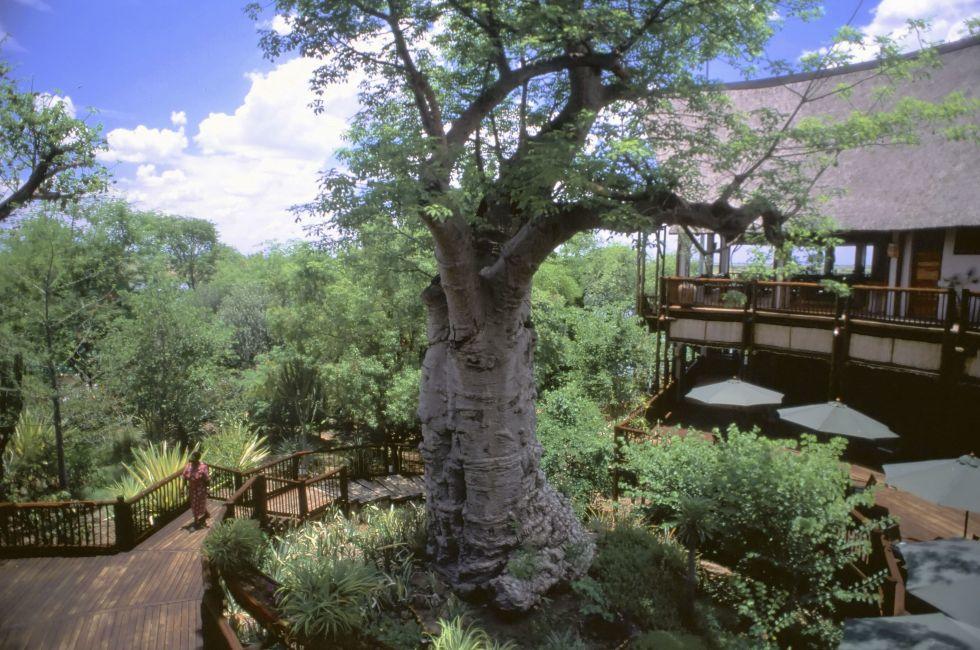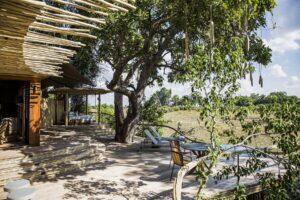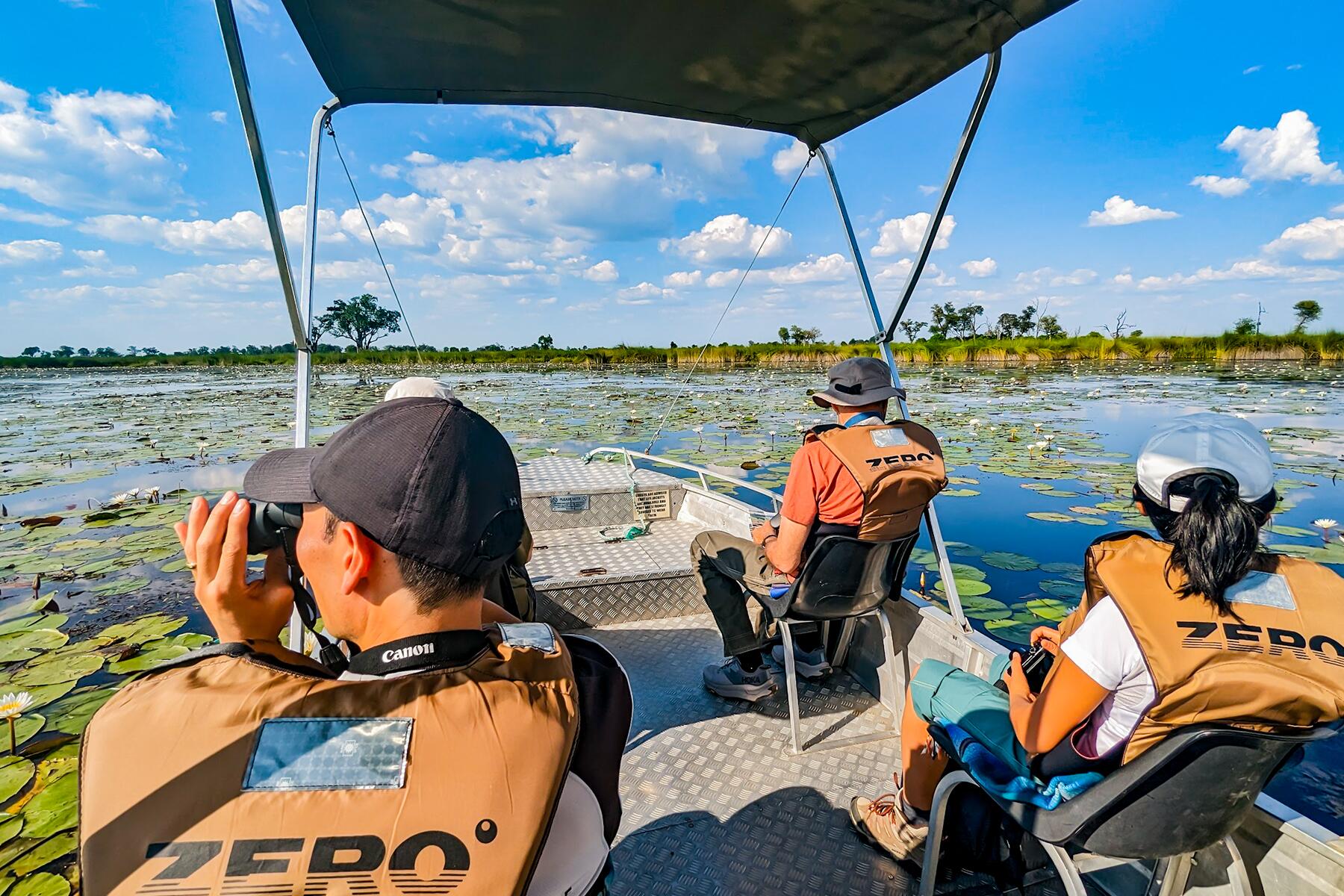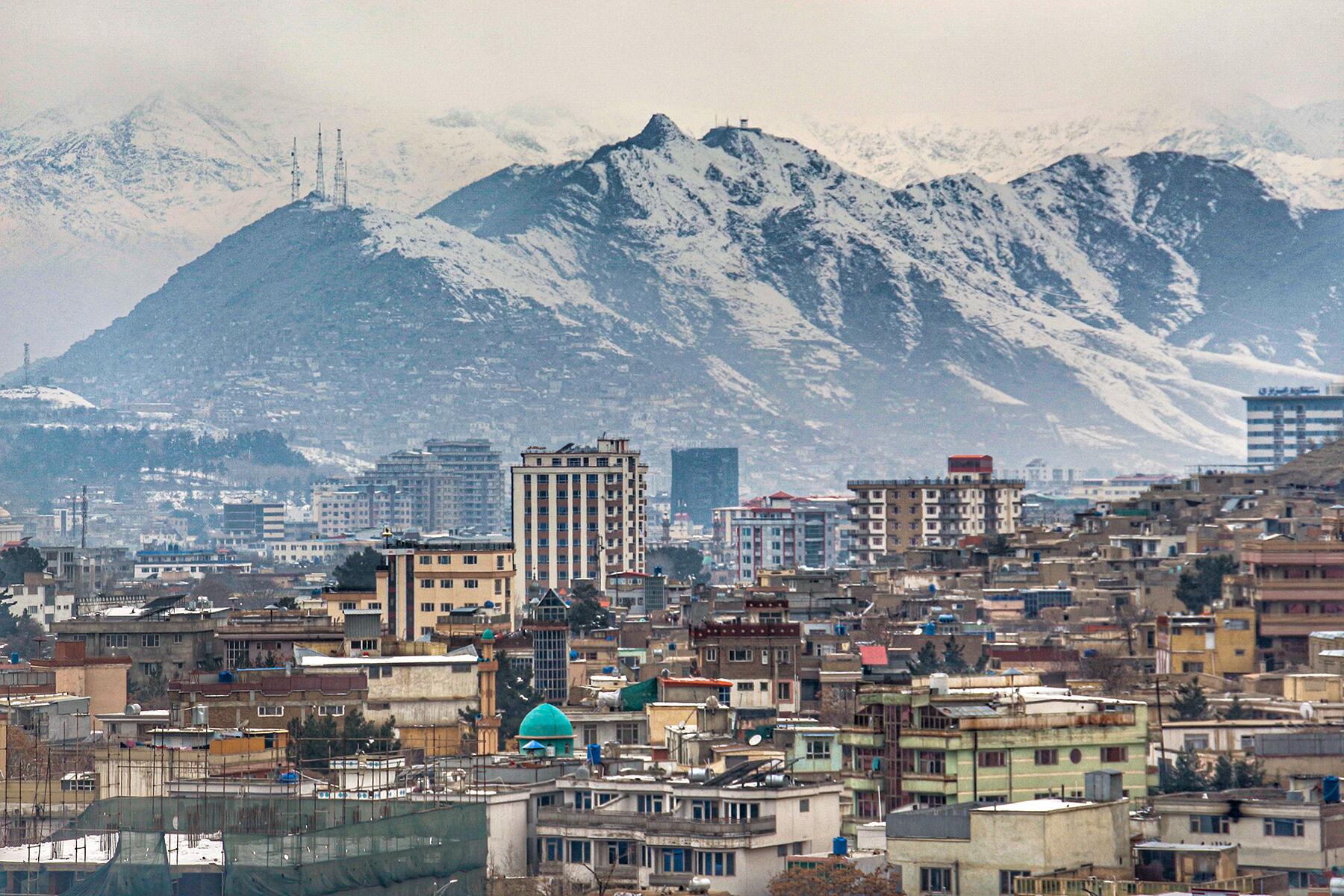Botswana
Botswana
More than half a century ago Botswana was a Cinderella among nations. Then the Fairy Godmother visited and bestowed upon her the gift of diamonds. The resulting economic boom transformed Botswana into one of Africa's richest countries (as measured by per capita income). In 1966 the British Protectorate of Bechuanaland was granted independence and renamed Botswana, and the first democratic president, the internationally respected Sir Seretse Khama, guided his country into a peaceful future.
Where other nations' celebrations quickly turned sour, Botswana's independence brought an enduring tide of optimism. The country sidestepped the scourge of tribalism and factional fighting that cursed much of the continent and is considered one of Africa's most stable democracies. The infrastruc...
Read MoreMore than half a century ago Botswana was a Cinderella among nations. Then the Fairy Godmother visited and bestowed upon her the gift of diamonds. The resulting economic boom transformed Botswana into one of Africa's richest countries (as measured by per capita income). In 1966 the British Protectorate of Bechuanaland was granted independence and renamed Botswana, and the first democratic president, the internationally respected Sir Seretse Khama, guided his country into a peaceful future.
Where other nations' celebrations quickly turned sour, Botswana's independence brought an enduring tide of optimism. The country sidestepped the scourge of tribalism and factional fighting that cursed much of the continent and is considered one of Africa's most stable democracies. The infrastructure is excellent, and the country is extremely safe. Another big bonus is that nearly everybody speaks English—a legacy from when Botswana was a British protectorate.
Although cities such as Gaborone (pronounced "ha-bo-ronee"), the capital, have been modernized, Botswana has little in the way of urban excitement. But outside the cities it's a land of amazing variety: the Kalahari Desert lies in stark contrast to the lush beauty of the Okavango Delta, one of Botswana's most magnificent and best-known regions. Botswana is passionate about conservation, and its legendary big game goes hand-in-hand with its admirable conservation record. Once a hunting mecca for the so-called Great White Hunters (i.e., Ernest Hemingway), shooting now is with cameras, not rifles. The government effectively banned all commercial hunting on nonprivately owned land in 2014.
Botswana's policy of low-impact, high-cost tourism ensures the wilderness remains pristine and exclusive. The great rivers—the Chobe, the Linyanti, and the Kwando—are teeming with herds of elephants and packs of wild dogs, otherwise known as the elusive "painted wolves" of Africa. The Savuti Channel, which was dry for decades, is now flowing again and is a mecca for water birds. The golden grass of the Savuti plains is still home to huge prides of lions that hunt under skies pulsing with brilliant stars. Then there are the vast white pie-crust surfaces of the Makgadikgadi Pans (the nearest thing on earth to the surface of the moon), once a mega inland lake where flamingos still flock to breed and strange prehistoric islands of rock rise dramatically from the flaky, arid surface.
If you'd like to meet some of the most fascinating people, the stark and desolate Central Kalahari Game Reserve is home to the fastest disappearing indigenous population on earth, the Kalahari San Bushmen.










